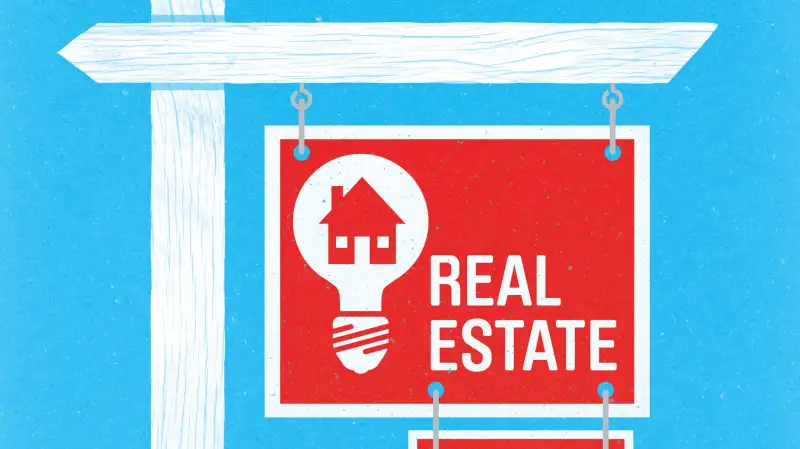5 Questions to Ask Before You Hire a Roofer

Q: I've been putting off replacing my roof, but after the beating it took this winter, I know it won't make it through another snow season. Before I spend all that money, though, how do I make sure I'm getting the right professional for the job?
A: After this winter's snow and ice, spring promises to be a busy season for roofers in much of the northern tier of the country. If you’re in the market for a new roof, proceed with caution, because some roofers deserve the trade’s bad reputation. As with any hire, always get referrals from homeowners or other tradespeople you trust, and check references and licensing. Then ask these five questions:
1. Can I visit a project currently being installed by the crew that will be doing my roof? However smooth the salesman is, it’s the workers that matter, so this gives you a chance to assess their workmanship, the way they keep a jobsite, and their attitudes. “And it probably means the salesman is going to give you one of his best crews, because that’s who’s going to best sell you on hiring his company,” says Dan Bydlon, the president of Craftsmen Home Improvements, a contractor in Edina, Minnesota.
2. What exactly will you be replacing? If you have two or more layers of existing roofing, building codes require that you tear them off before installing a new roof. That adds to the mess and cost no matter who does the job, but some roofers may attempt to cut corners by not replacing the flashing. Unless it’s thick copper with a lot more life left, now is the time to replace it; the contract should specify what material the roofer is going to use. Additionally, the contractor should install a rubber membrane called Ice & Water Shield along the eaves to prevent any future ice dams from causing leaks. And he should install a ridge vent at the roof peak (and soffit vents under the eaves if they’re not there already) to help prevent ice dams from forming in the first place.
3. How will you leave the job site at the end of each work day? It’s best when the roofer strips only as much as he can reroof the same day, to reduce the chance that your house is left open to the elements overnight. At the end of the day, the crew should tarp any open roof and clean up stripped shingles—including running a magnet over the lawn and planting beds to pick up stray nails—before leaving the job site. You might even write these procedures into the contract.
4. Will your insurance carrier provide a personal letter confirming your workman’s compensation and liability coverages? It's not enough for the roofer to just tell you that he is insured, or even show you a form letter. You need a document from his insurance provider addressed to you, and there’s nothing offensive about asking for one. After all, if one of his guys falls off the roof and he is not properly insured, the injured party could sue you for medical costs and lost wages.
5. What sort of workmanship warranty do you provide? Manufacturers’ warranties do not include labor—that’s up to the contractor. One to two years is standard, and having it in writing (even as a simple clause in the contract) is preferable.
